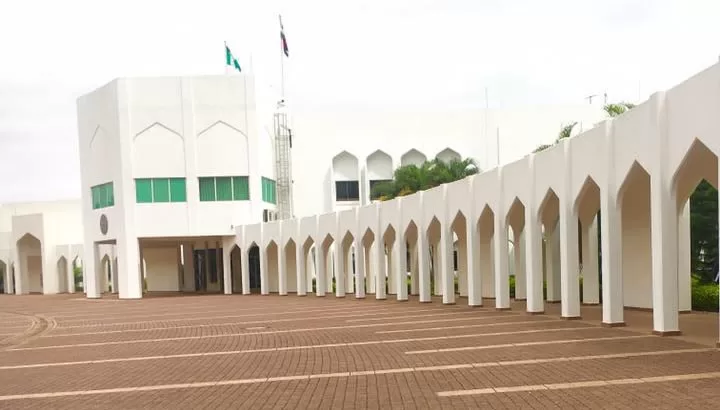
Abuja, Nigeria — President Bola Ahmed Tinubu’s administration is under fire following reports that the federal government approved over ₦10 billion (approximately $6 million) to install solar power systems at the Presidential Villa, citing the high cost of electricity under the newly introduced Band tariff regime.
The news, first revealed through government sources and social media commentary, has sparked widespread debate online, making “National Grid” a trending topic – not for yet another collapse, but for what many are calling a symbol of government self-isolation from Nigeria’s worsening energy crisis.
Critics argue that the move reflects an abandonment of the national grid by the very administration that promised to stabilize and reform it. Since President Tinubu assumed office, the removal of electricity subsidies and the controversial banded tariff system have sent utility costs soaring, with Band A users now paying over ₦200 per kilowatt-hour.
“It says everything,” a user on X (formerly Twitter) wrote. “If the man who promised 24/7 electricity is now abandoning the grid for solar, what hope is left for the people?”
The outrage is compounded by revelations that Nigeria’s national grid has collapsed more than 100 times in the past decade, despite over $1.4 billion spent on electricity-sector loans and reforms, according to investigations by PUNCH Newspapers.
Proponents of the solar project, however, have drawn parallels to the U.S. White House, which installed solar panels in 1979 and upgraded them as recently as 2013. But critics point out that the U.S. government adopted solar energy after achieving over five decades of stable national power supply – a luxury Nigeria has never enjoyed.
“This isn’t about clean energy,” said an energy sector analyst. “It’s about escaping the very system that this administration should be fixing.”
Some have raised concerns about the cost itself, noting that private contractors estimate the same installation for as low as ₦70 million – a fraction of the official figure. Others see it as a sign of deeper dysfunction in the country’s energy policy.
For many Nigerians, the optics of the Presidency removing itself from a grid it has repeatedly failed to reform only fuels suspicion that leadership is prioritizing comfort over public accountability.
As outrage mounts, one thing is clear: in a country where millions live without reliable electricity, the symbolism of Aso Rock going off-grid cuts deeper than just solar panels. It touches on trust, leadership, and the growing divide between the rulers and the ruled.








